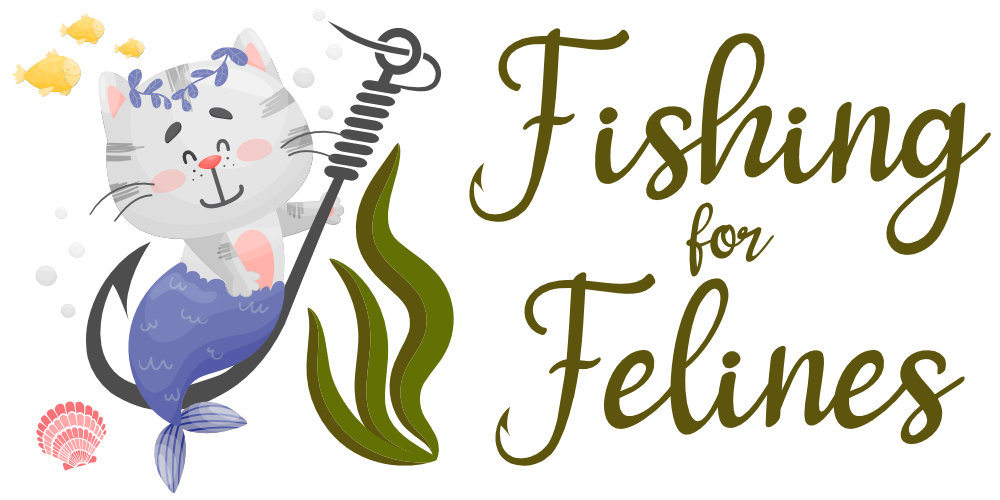“What if I cannot afford the cost of surgery?”
Covering the costs of TNR is a challenge in every trapping scenario. Although the vet is operating at a significant discount (45 euros for females and 25 for males), it can all add up to a daunting figure in an actively breeding colony. I often am told “but these are not my cats” or “we cannot do more for the street cats because our budget only covers our pets”. In all cases, the cats I am trapping belong to no one at all. This is the root of the problem; they have been allowed to breed one generation after another in the street, finding a food source on their own.
There are several ways in which I can help with the costs. Occasionally a lump sum gift has been given which allows me to subsidize each surgery. When a trapping site has multiple cats I have offered to cover the first ten euros on each of the kittens when they come of age to be operated provided the feeder or client has paid for the mother cats. Another option is for Fishing for Felines to pay the entire cost at the beginning and allow the client to set up a recurring contribution through PayPal or Stripe. It is expected that an amount of ten to twenty five euros per month continue until the total spent at that specific colony is met. Often the people who see the value of what my service provides feel a sense of commitment and they leave their donation in place or reduce it to five or ten euros a month. At the present time (Autumn 2022) I have ten individuals contributing between five and twenty-five euros monthly and 4 others giving at a level of nearly 50 per month. It is these gifts which allow me to extend grace to the worst of the cats we see suffering on Facebook. It also helps me to afford medications for kittens who are riddled with fleas, worms, ticks and diarrhea. Kittens with intestinal issues take many weeks to correct with the right food and prescription medications. The diagnostic process is also expensive.
One of the worst comments I am repeatedly navigating is “I cannot afford to sterilize the cats; I can only afford to feed them.” This philosophy is borne out of opening one 85 p tin a day without regard for how quickly a similar amount would equal the surgery. Once kittens are born, how much will you spend feeding four little kittens? Once they are struggling with flu or sticky eyes that don’t open, would you not spend the ten euros on eye drops and antibiotics? When you see the kittens have fleas or diarrhea, will you not want to get them on the mend? It seems that the 45 euros to the vet to prevent these issues from coming into reality is worth the money hands down.
Another option for you is the government voucher scheme but bear in mind it is for a limited window of time and you must apply for the voucher yourself at the office of your local mucktar. You will not be allowed to choose the vet – it is assigned. Each village is issued only 5 vouchers so they are hard to come by. If you manage to get a voucher I can assist with trapping but you must have your own cat carrier to transport the cat on your own.
Often I am asked about taking the cats to Paphiakos for what is said to be “Free Sterilization”. I took the first 950 cats I trapped to this clinic. I can assist you in trapping for surgery to be done by the students in training at their clinic, however, you must have suitable cat containment carriers of your own for me to get the cats into. It will be up to you to drop the cats off in the morning and collect them the following day. You will be requested to make a donation.
It is worth stating that the costs of the surgery is the equivalent of the medications and supplies used in surgery. The anesthesia used is the same product used on customers’ privately paid pets. Other drugs of lesser quality have a side effect of extreme combativeness in the cat or dog as it wears off. Reputable vets do stock this drug but it is used only for the initial calming agent in pets brought for euthanasia. The animal will not go through the trauma of it “wearing off.” Anesthesia is the biggest cost in surgery which is why a castration cannot be carried out “for free.” Each cat seen for TNR is given pain medication and prophylactic antibiotics. We are not “cutting corners” just because the cat is feral or because it is “only” from the street. The cats seen by Fishing for Felines have a genuine future and the opportunity to represent Cyprus to the world, both for tourism and national pride.
